Wow, it’s been nearly a month since I put finger to key for the sake of this old thing. In case anyone’s wondering, I was feeling hurt and a bit isolated due to the total lack of
concern you all showed when I had my first taste of bereavement (with the notable exception of Bryn). I’m over it now though, so no hard feelings, huh?
Anyway, the very briefest of updates: Back from the Cropredy festival, tired, sunburnt and quite ill, but the music was fab and the company fabber. It was especially good to see
Bryn and Heather again.
And so to the reason for breaking my silence. I’ve been thinking a lot recently about the best way to dump someone. Obviously, ending a relationship is often going to be pretty hard
on the other person, but I think there must be some ways of doing so which are more considerate than others. Here’s an example of a way which seems a bit bastardy:
A young couple have been together for just shy of two years. For reasons which we will assume to be sound, the girl decides to end it. She calls her soon-to-be-ex-boyfriend and
tells him “I don’t know if I love you as a boyfriend or as a person”. He tells her to cut the crap and just dump him if that’s what she’s going to do. She gets pissed off and hangs
up. The next day, he logs in to facebook to update their relationship status, and discovers a message from a friend on her wall which says “Congrats! You and [guy she met on a latin
course] were meant to be!”. He calls her and tells her he wishes they’d never gone out, then goes to a club with his cousin, gets drunk, causes a nuisance and gets beaten to a
bloody pulp by four bouncers. He goes home, calls his sister in tears to say he thinks he must be cursed and his life is worthless, and falls asleep, bleeding, miserable and
alone.
This, I think, would be a prime example in the how-not-to-do-it column, even if the dumpee in question wasn’t my little brother. It’s left me wondering if there is a way to do it
that’s just a bit less selfish?
I haven’t often been involved in dumping scenarios, most of my relationships having fizzled out without the need for The Talk, and hopefully I’ll never have to get good at them.
However, from my inexperienced position, it seems to me that the onus ought to be on the dumper to try and be honest, in so far as this is necessary to prevent the dumpee from
making the same mistakes again, and to be as unhurtful as possible. They also ought to resist the urge to use bullshit lines, even if there is some truth in them. Cliches may be
cliches for a reason, but you could at least do the person you’re telling isn’t good enough the courtesy of saying so in your own words. Finally, I think the dumpee needs to be
willing to take it. Dumping isn’t – or shouldn’t be – easy, so if someone has taken the plunge, chances are that the decision isn’t up for discussion.
It seems to me that this is an area which is woefully under-represented in traditional etiquette. Given how many relationships end in one or both parties deciding to move on,
perhaps it’s time that ‘Good Manners’ came to include how to tell someone to get lost in a polite way?



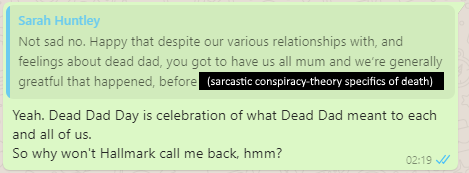
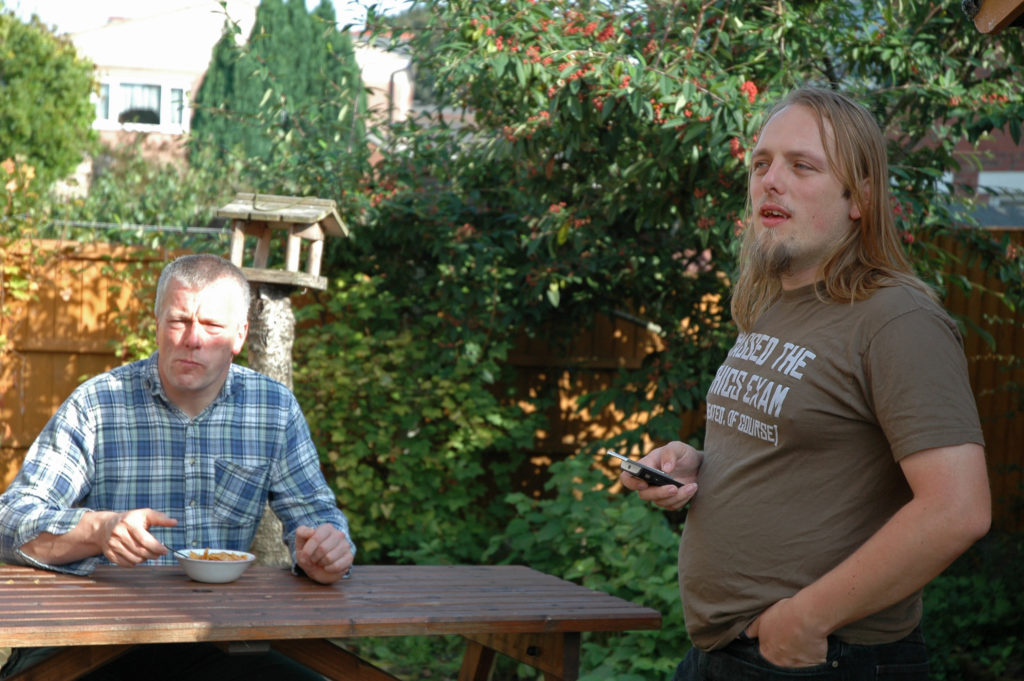
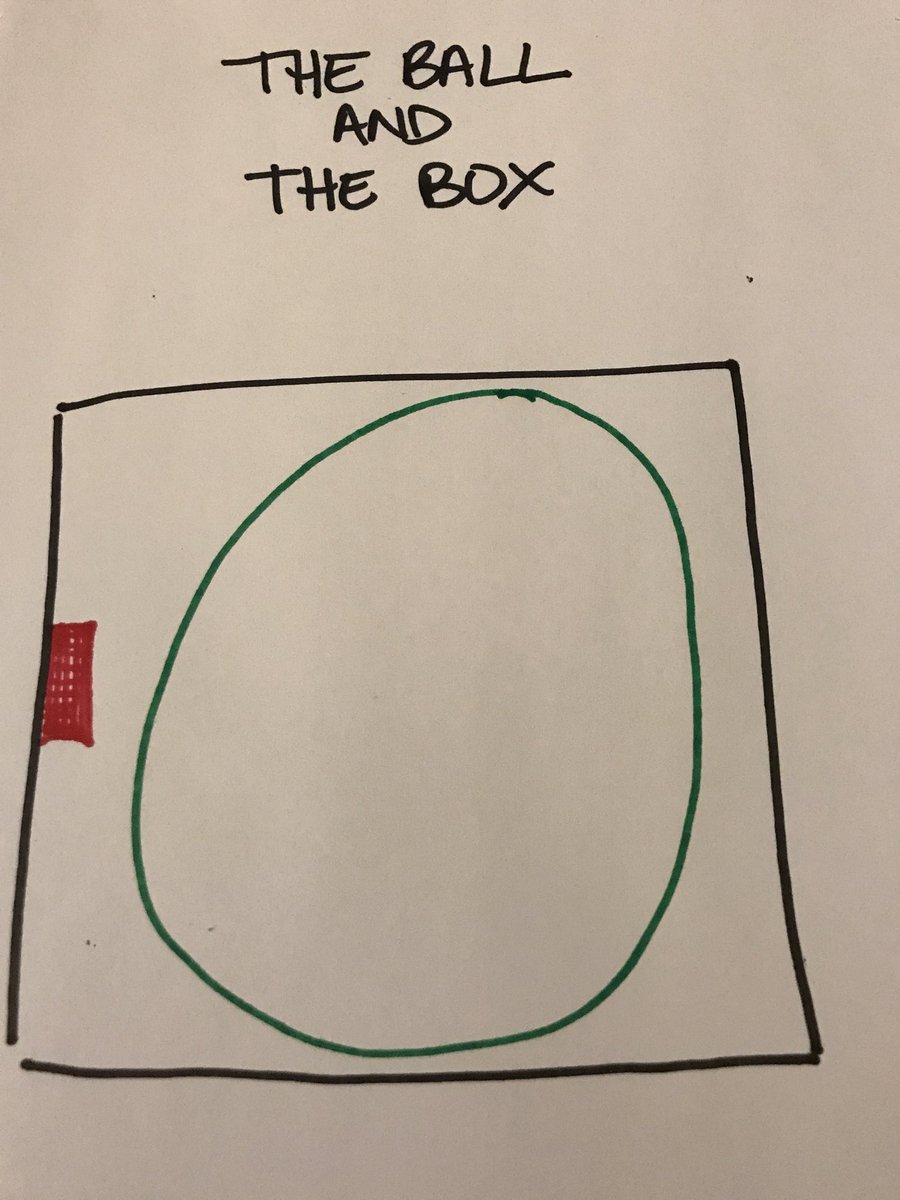
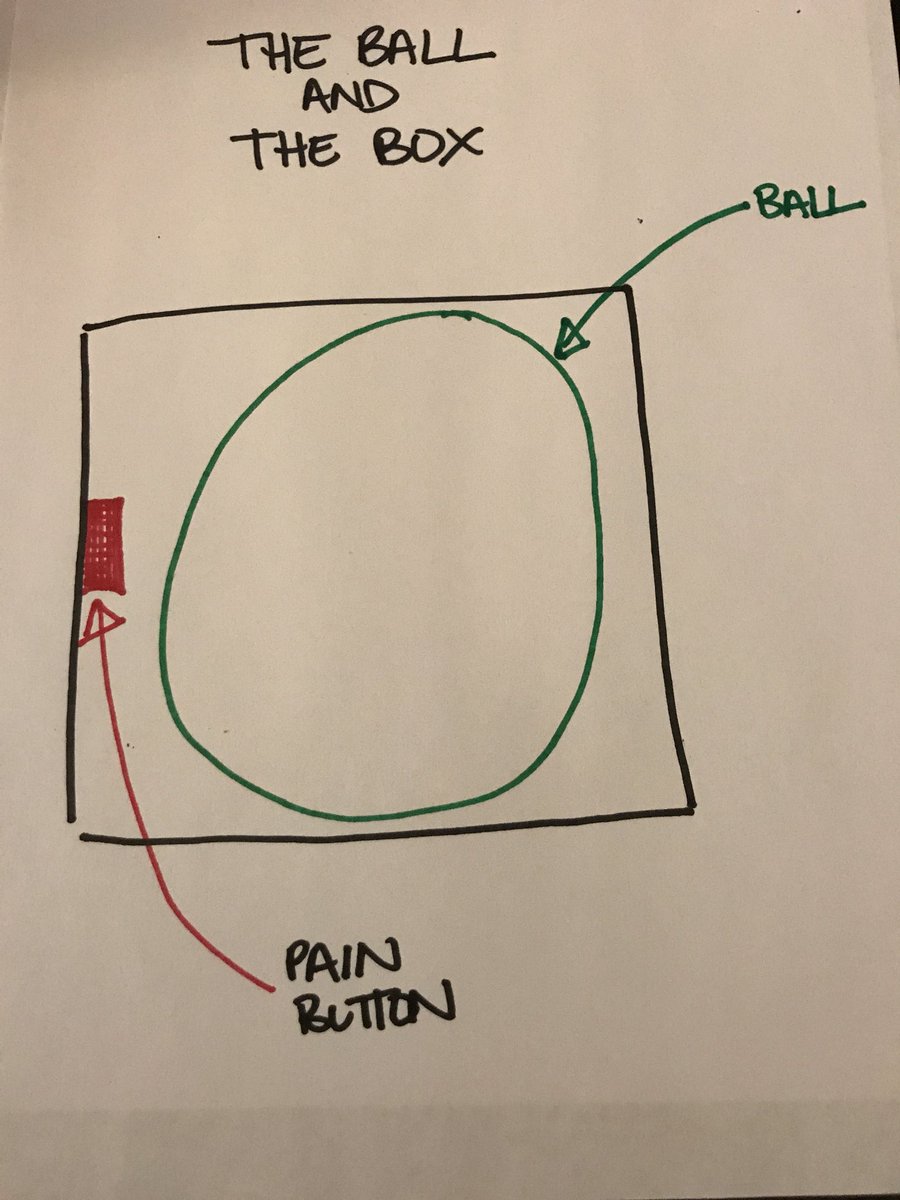
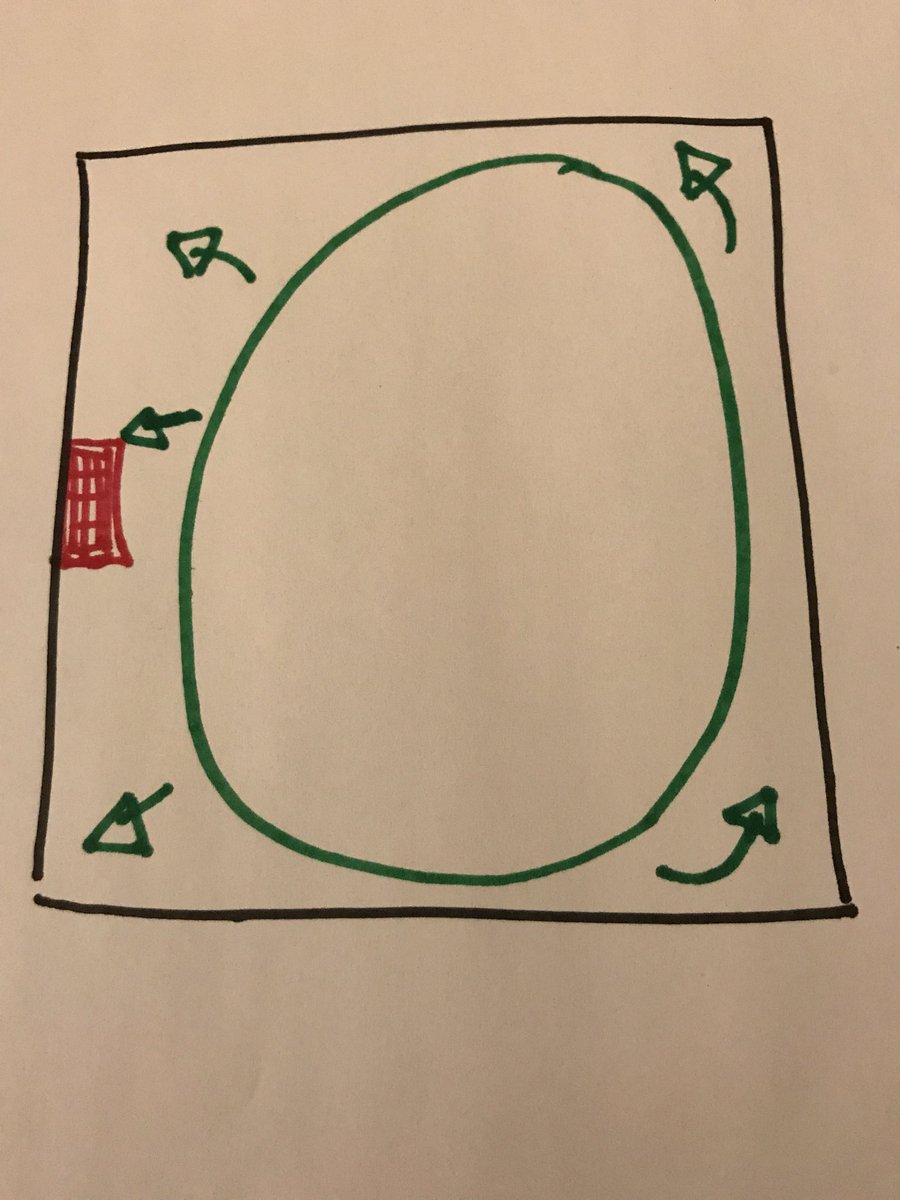
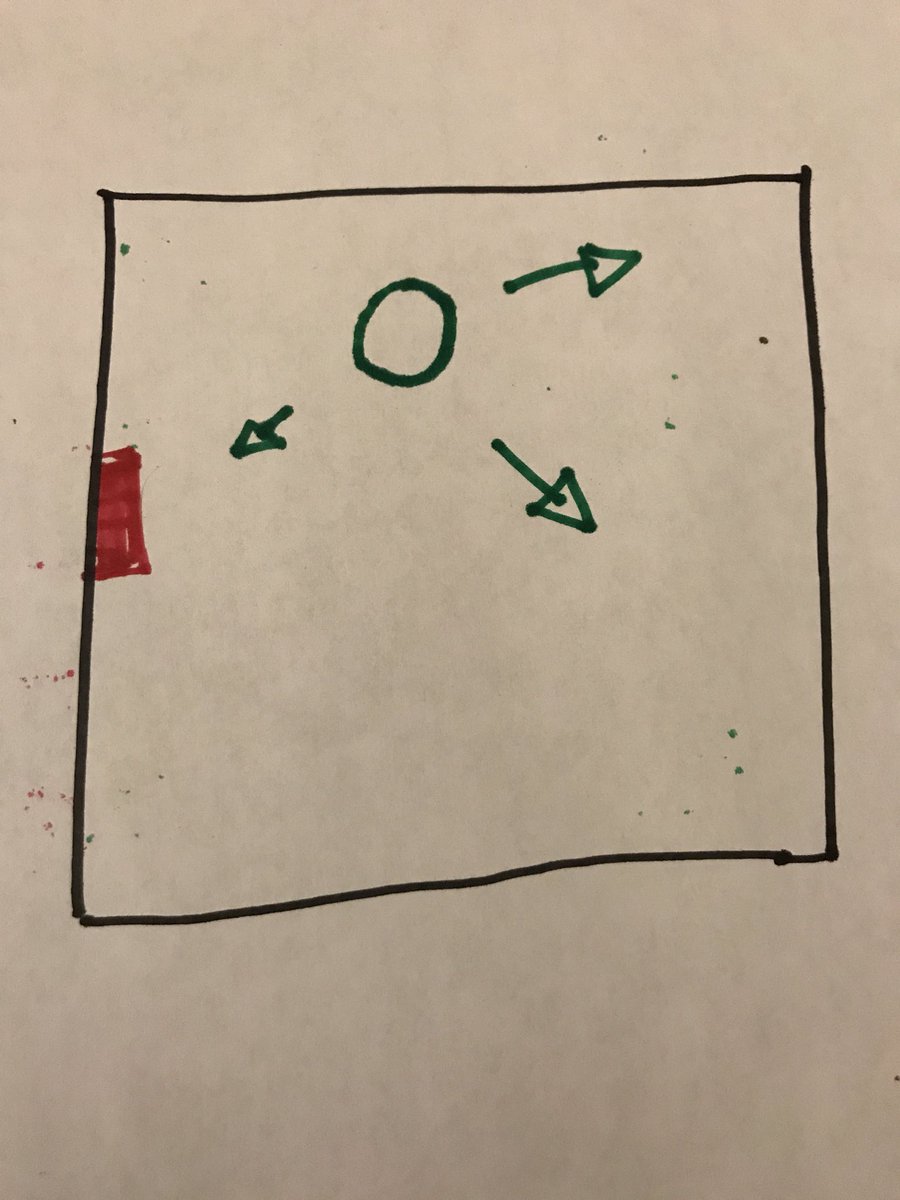
Part The Widget
Sorry I wasn’t able to offer you any support after your last post and during your bereavement. I’m disappointed in others for not helping, of course, but I’m more disappointed in myself. I hope you got the emotional assistance you needed.
Genuinely really sorry. Could post excuses, but I’m sure they’re not very good ones, so shan’t bother.
Part The Brother
In the cases where my relationships haven’t just “fizzled out,” I’ve more often been the dumpee than the dumper – in fact, I’ve only been on the “giving” end of a break-up once. In my experience at least, it’s harder to be the initiator of a break-up than to be dumped, although that’s possibly more to do with the circumstances than anything else (in the case where I was the dumper, I cared more about my partner than at any time that I was the dumpee).
In any case; at that time, I – like your brother’s ex- – lied. Not so well as she did: I explained that I was leaving her for somebody else (Claire), but I didn’t at that point expose that I’d been cheating on her. Why? Because I’d already upset her (and me) and I didn’t want to upset her further or risk sounding like I was gloating (“hey, and look what I got away with!”). Instead, I planned to talk to her about that later (which went a bit shitty for other reasons, but that’s beside the scope of the story).
The bottom line is that, in my opinion, your brother’s ex- was unethical, but I can possibly see why she chose to do it the way that she did. I’d hope that in her position I’d do better (in fact, I’m pretty sure I would – I’ve learned a lot about relationships in the last five-and-a-half years). Moreover – in my mind – it’s not her fault that he got drunk and beaten up; that’s a detail that (while sad and upsetting) doesn’t actually change the moral validity (or, rather, invalidity) of her actions.
Still, I do feel sorry for your brother. I hope he’s getting by.
Part The Ways
Perhaps you’re right about relationships and etiquette, but it’s hard to say for certain. Every relationship is unique, and – even during the break-up – what is right for one is not necessarily right for another. It’s impossible to lay down a rule that says “when you break up with somebody, tell them exactly why and how long you’ve felt that way” because in the end there are relationships that will end better (cleaner break, happier parties, better ethics) if they are done in a different way (drift apart, white lie, outright lie, whatever). Unfortunately, at the point of the break-up the dumping party may well not care so much as they might once have what’s best for *both* parties, and may well be thinking more selfishly (“how do *I* want to feel out of this break up?”). And sadly, unethical as this may be, it’s their right to feel however they want, and it’s hard to tell them that they can’t…
…it’s a big emotional minefield.
I’d like to think that if Claire and I were to split up, we’d make a good job of it. We’ve laid the groundwork, and talked about it, and we’re pretty good at talking about the status of our relationship with one another anyway. Moreover, we’ve got a healthy grip on the frequently-transitory nature of romantic relationships, and – while it sounds a little pessimistic – we find it’s a great way of keeping things in perspective. Of course, it’s impossible to say. Time – perhaps – will tell.
Ultimately, I’d just like to see people communicate better with their partners: feeling capable to talk about how they feel and able to be honest about what they think. It *should* be okay to say “I love somebody else more than you. How do you feel about that?” It *should* be okay to say “I’m only with you for the sex. But the sex is good.” It *should* be okay to say “I’d like to spend more time alone, but I’m not ready to commit to breaking up.” And it should be okay to say “No, that doesn’t work for me. Can we find a compromise? Or shall we call it a day?”
[sighs]
I’ll fix the world some other day. Far too much going on right now. If you want to debate any of this, drop me an e-mail or call me (haven’t heard your voice in too long anyway).
Love and hugs.